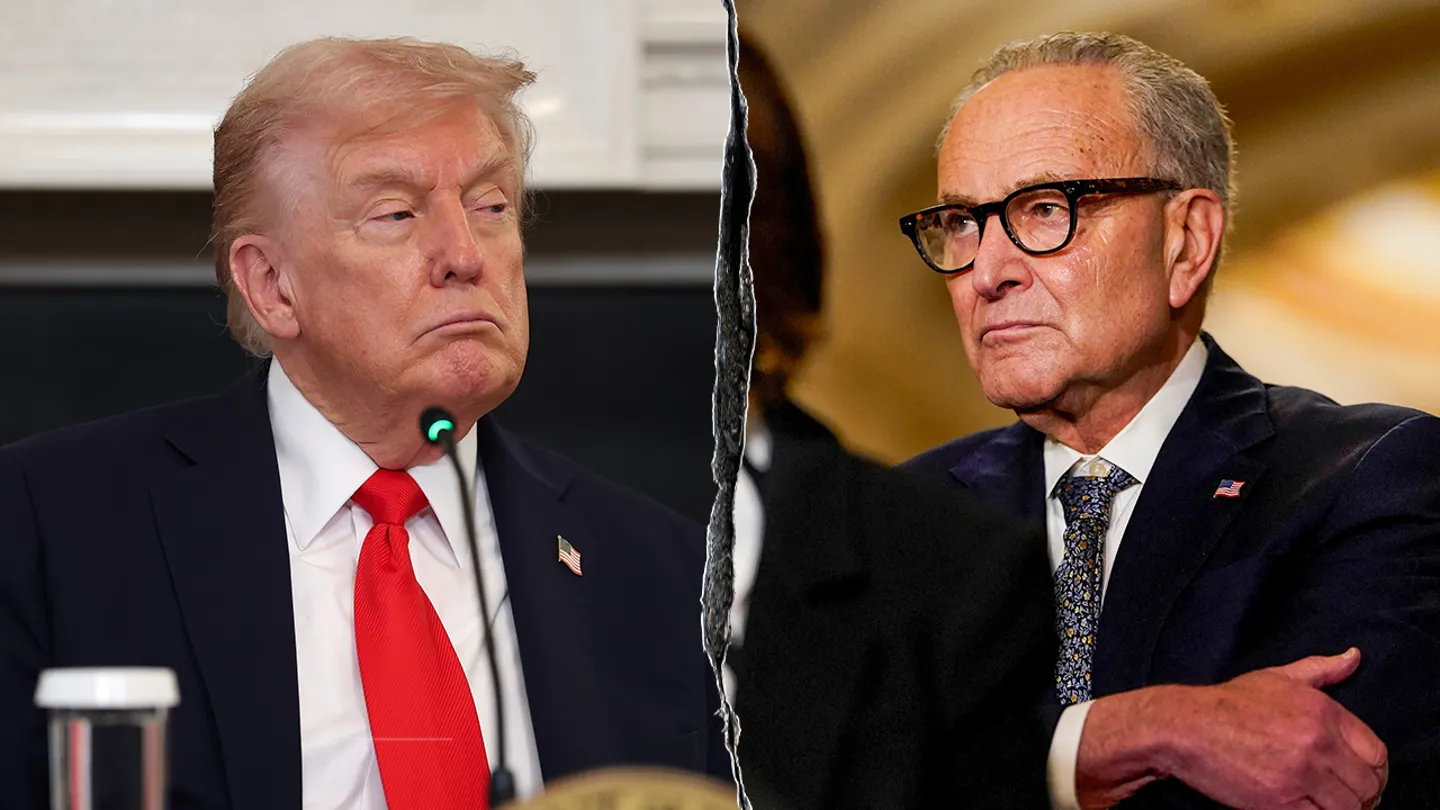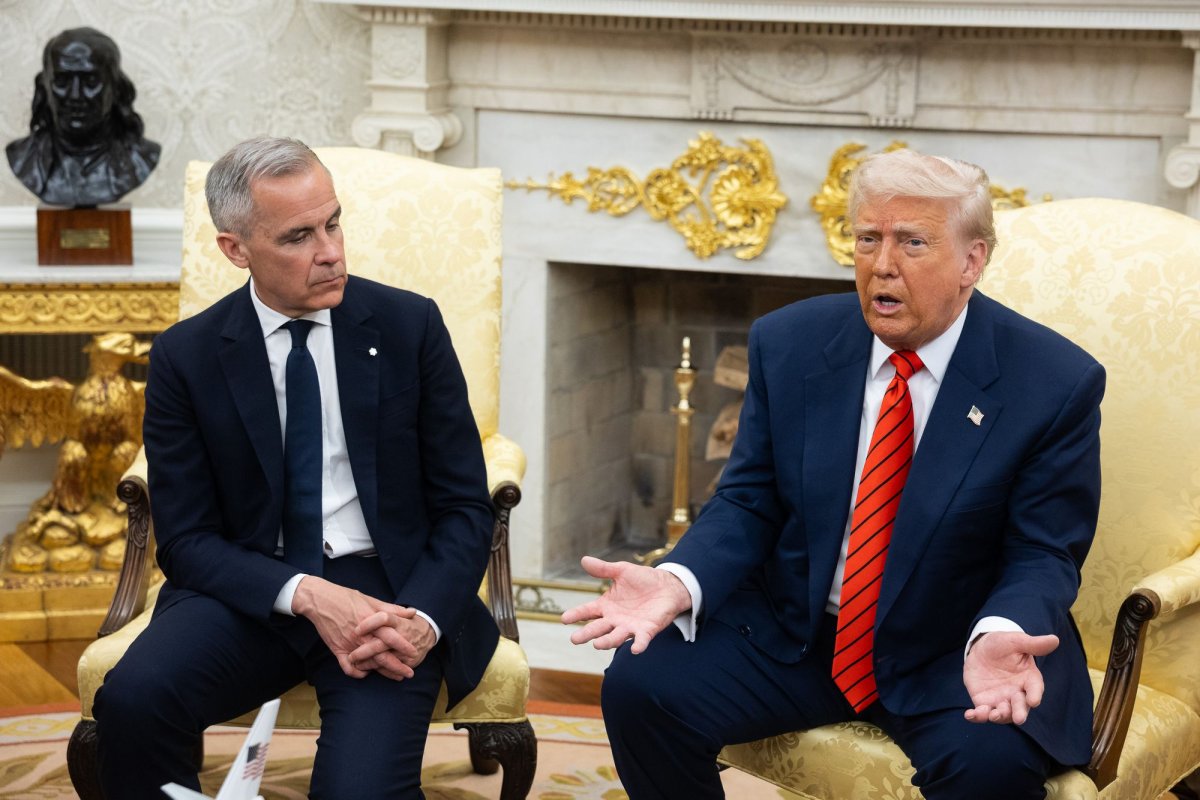Lawmakers’ offices have reportedly been flooded with calls from TikTok users speaking out against a bill that would force the platform’s parent company to divest from the app or face a US ban.
The bill, which is backed by more than a dozen representatives, passed unanimously out of the House energy and commerce committee on Thursday with a vote of 50 to 0. TikTok responded by pushing out a notification to many of its estimated 170 million US users, calling on them to contact Congress in protest. The notification included a mechanism that allows people to search for their representative’s number by inputting their zip code.
This outreach led to a deluge of calls from TikTok users, congressional staffers told the Washington Post – as many as 20 calls per minute, leading some offices to temporarily shut down their phone lines. Taylor Hulsey, a communications director for Florida congressman Vern Buchanan posted on Twitter/X that staffers were “getting a lot of calls from high schoolers asking what a Congressman is”.
The bill would give ByteDance, TikTok’s parent company, 165 days to divest or face being banned from US app stores including the Apple app store and Google Play store. Congress members in support of the bill have spoken out against TikTok’s notification, with backer Raja Krishnamoorthi of Illinois calling it a “massive propaganda campaign” that “falsely labels” the legislation as a total ban of TikTok. Krishnamoorthi and others say that TikTok can evade a ban if its Chinese parent company divests ownership.
Michael Hughes, a spokesperson for TikTok, refuted lawmakers’ characterization of the bill, stating that its “predetermined outcome is a total ban of TikTok in the United States”.
“The government is attempting to strip 170 million Americans of their constitutional right to free expression,” he said. “This will damage millions of businesses, deny artists an audience, and destroy the livelihoods of countless creators across the country.”
The bill is the latest effort by US lawmakers in a political war against the platform over fears that ByteDance, which is based in China, could collect sensitive user data and censor content that goes against the demands of the Chinese Communist party.
TikTok has repeatedly stated that ByteDance, is 60% owned by international investors and not influenced by the Chinese government. The effort to ban TikTok intensified throughout 2022 and early 2023, with multiple state bans passing and a congressional hearing with TikTok CEO Shou Zi Chew, but ultimately slowed.
CN&type=image&v=QquE1_MNjnFHgZF4HPsEcf_2&theme=light&size=invisible&badge=bottomright&cb=z753lizdumb0Privacy Notice: Newsletters may contain info about charities, online ads, and content funded by outside parties. For more information see our Privacy Policy. We use Google reCaptcha to protect our website and the Google Privacy Policy and Terms of Service apply.
The bill heads next for a full House vote, which could come as soon as next week, according to the House majority leader Steve Scalise. However, its chances of passing both the House and Senate remain uncertain.
The Biden administration expressed its support of the bill, with a White House national security council spokesperson calling it “an important and welcome step” adding that the Biden administration would work with Congress “to further strengthen this legislation and put it on the strongest possible legal footing”.




